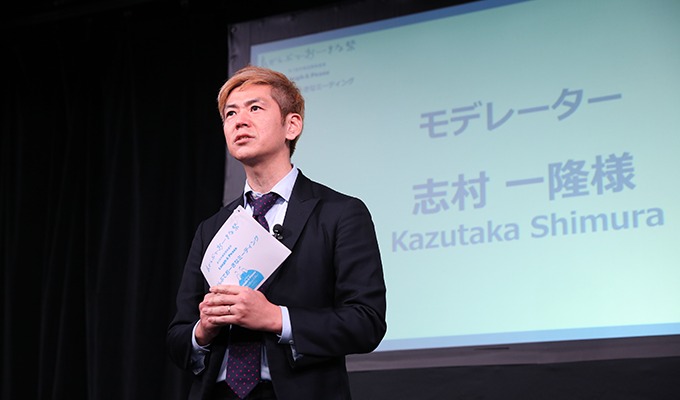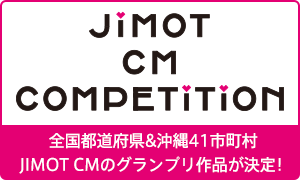News
2015.3.26
Business and government leaders from the entertainment industry in Japan and SE Asia assembled for a second panel at Yoshimoto Kagestu Theater on Thursday March 26. This discussion centered on strategies for Cool Japan to expand its global entertainment business as well as the role of the new conglomerate MCIP Holdings.
 Moderated by Kazutaka Shimura, Yoshimoto CA Vice-president Yoshito Toda, Yoshimoto Kogyo Overseas Operations Division execs Hidetaro Ko and Wim Manopimok, Twitter Japan spoeksperson Kazuhiro Misawa, Aeon Mall Rycom General Manager Takahiro Otawara and Dwango Contents Sales Division Director Goro-Kiyotake Orimoto offered their insights on the panel.
Moderated by Kazutaka Shimura, Yoshimoto CA Vice-president Yoshito Toda, Yoshimoto Kogyo Overseas Operations Division execs Hidetaro Ko and Wim Manopimok, Twitter Japan spoeksperson Kazuhiro Misawa, Aeon Mall Rycom General Manager Takahiro Otawara and Dwango Contents Sales Division Director Goro-Kiyotake Orimoto offered their insights on the panel.
First, moderator Shimura announced the formation of the consortium MCIP Holdings to promote Japanese content internationally. Five major corporations and one educational institution make up the formidable new enterprise. These include: the leading Japanese advertising agency Dentsu, digital content provider Dwango, Sony Music Entertainment, Aeon Malls, Yoshimoto Kogyo and the Jikei group of Colleges.

The MCIP Holdings public-private joint venture has two major tasks. These are to realize the Cool Japan program internationally and to develop demand for Japanese content around the world.
The panel was a lively exchange of views with each participant explaining what his company could bring to the undertaking. Misawa noted there are 288 million active Twitter users and about 56% of people under 35 in Japan are active on Twitter. He suggested the platform could be very useful for promoting MCIP’s project and Japanese content around the world.
Hidetaro Ko, a Chinese Yoshimoto executive based in Shanghai, stressed that all entertainment need to be localized. He noted that China is one of the world’s largest markets but is short of comedic content, offering a fantastic opportunity for Yoshimoto to sell its entertainment. He added anyone who hopes to do business in the territory must respect local culture.

Wim Manopimok, A Thai national working for Yoshimoto in Bangkok, explained Japanese TV shows have aired, and been popular, in Thailand in the past. But he underscored that other content would take more localization, especially in the ever-evolving entertainment space.
Toda explained that since Yoshimoto is a talent agency/management company, one of the innovative strategies of MCIP is to send young Japanese performers to live in communities across Asia. They will send 13 comedians to Taiwan, Indonesia, Malaysia, Thailand and Vietnam. The jokesters will both try to discern what is popular locally and hone their comedic skills in relation to it.
Ko praised this idea and noted that Japanese comedic routines are often based on very short sketches, around 3 minutes in length. This is a cultural difference but also could open the door for Japanese comedy in China.
Manopimok chimed in that another involving situation was the number of female producers in Thailand. Previously the industry had not seen many but now more and coming up, opening up the possibility of new approaches to entertainment in the country.
All the panelists agreed there could be great synergy between entertainment companies in Japan and the rest of Asia and research, communication, the development of venues and localization are some of the keys.
- Recent News
-
2015.3.29
OIMF7 Shows Success in Numbers -
2015.3.29
Announcement of the result of the 7th Okinawa International Movie Festival -
2015.3.29
The Award Winners of the 7th Okinawa International Movie Festival -
2015.3.29
7th Okinawa International Movie Festival – The Figures! -
2015.3.29
Fireworks and Fun at the Finale for OIMF7




